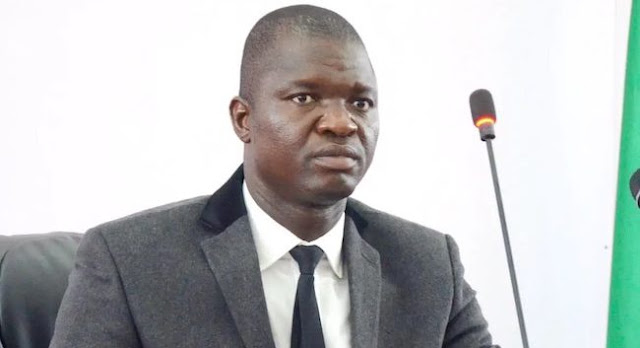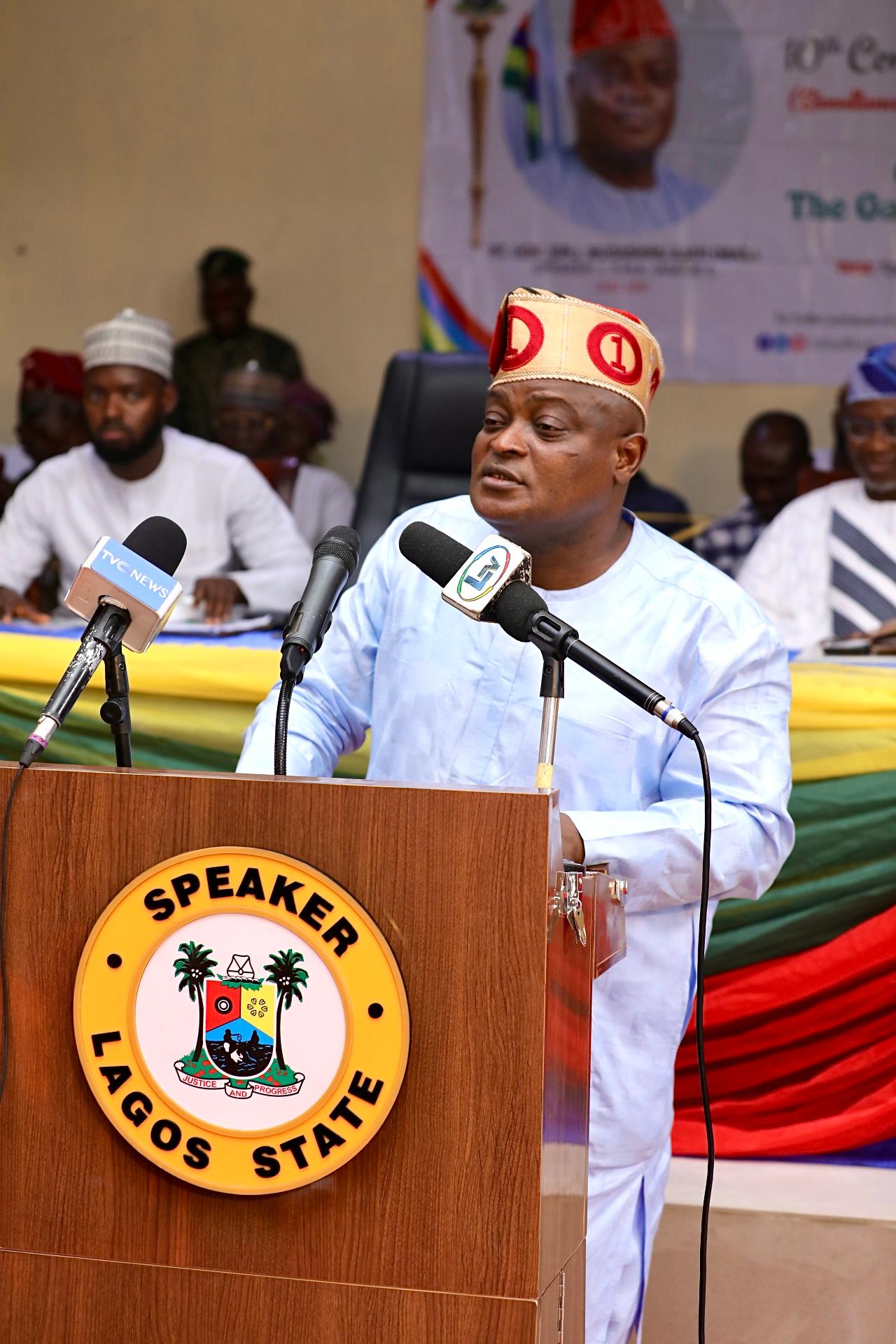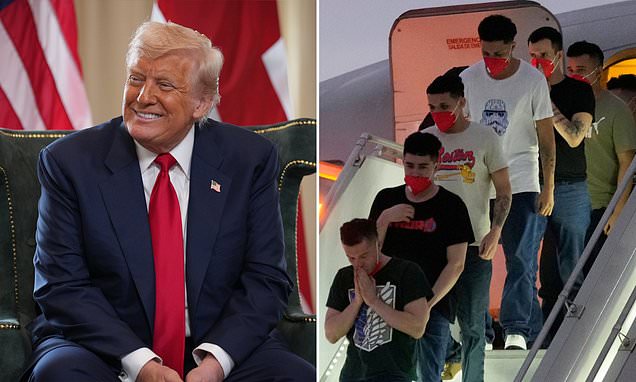On September 4, 2025, the Ebonyi State Government, under the leadership of Governor Francis Ogbonna Nwifuru, unveiled a comprehensive new education policy aimed at revolutionizing the state’s educational system. The policy introduces sweeping reforms, including a ban on graduation ceremonies for nursery and primary schools, a prohibition on compulsory extra lessons, a mandate for the use of government-approved textbooks, and the immediate closure of unapproved private schools. These measures, part of the governor’s “People’s Charter of Needs Agenda,” seek to enhance the quality of education, ensure accountability, and address longstanding challenges in Ebonyi’s education sector. This article explores the details of the new policy, its rationale, and its potential impact on Ebonyi State and Nigeria’s broader educational landscape.
The Core Components of the New Education Policy
The Ebonyi State Government’s new education policy is a multifaceted initiative designed to address systemic issues in the state’s education system. The policy includes several key directives, each targeting specific challenges:
Ban on Graduation Ceremonies for Nursery and Primary Schools: The government has prohibited graduation ceremonies for pupils in kindergarten, nursery, and primary schools, citing concerns about the financial burden these events place on parents. Such ceremonies often involve elaborate celebrations, costly attire, and fees that strain low-income families. By banning these events, the state aims to reduce unnecessary expenses and refocus attention on academic priorities.
Prohibition of Compulsory Extra Lessons: The policy bans compulsory extra lessons for students and pupils in both public and private schools, except in cases where parents and teachers or school managers reach a formal agreement. This measure addresses the widespread practice of schools mandating additional classes, often at extra cost, which many parents find exploitative. The government seeks to ensure that learning occurs within regular school hours and that any additional lessons are consensual and transparent.
Mandate for Government-Approved Textbooks: All schools, whether public or private, are now required to use textbooks approved by the Ebonyi State Government. This directive aims to standardize educational content, ensure quality, and prevent schools from using substandard or unverified materials. The policy reflects a broader push to align the curriculum with state and national educational goals.
Closure of Unapproved Private Schools: The government has ordered the immediate closure of unapproved and unqualified private schools, particularly those operated by faith-based organizations and individuals. Parents are directed to transfer their wards to government-approved schools to ensure compliance with educational standards. This measure addresses the proliferation of substandard schools operating in uncompleted buildings or other unsuitable environments, which compromise the quality of education.
Mandatory First School Leaving Certificate (FSLC): The policy mandates that the First School Leaving Certificate be a prerequisite for admission into secondary schools in Ebonyi State. This requirement aims to ensure that students meet basic academic standards before progressing to higher levels of education.
Implementation of Transfer Certificate Policy: Students seeking to transfer between schools must now present a transfer certificate from their previous institution. This measure aims to streamline admissions and maintain accurate records of student movement.
Revised Grading System: The policy introduces a new grading system, recognizing only first, second, and third positions in academic performance. Other students will be graded as pass or fail, eliminating the practice of assigning multiple positions. This change seeks to simplify assessment and focus on rewarding excellence.
Introduction of Entrepreneurship and Skill Acquisition: The policy mandates the inclusion of entrepreneurship and skill acquisition as compulsory subjects in all schools. Upon graduation, students in Basic Education and Senior Secondary School (SS3) must receive certificates in these areas, equipping them with practical skills for economic self-reliance.
These directives reflect Governor Nwifuru’s commitment to improving educational outcomes in Ebonyi State, aligning with his broader vision of addressing the needs of the people through targeted reforms.
The Rationale Behind the Policy
Ebonyi State, located in Nigeria’s South-East region, faces significant educational challenges, including inadequate infrastructure, low teacher quality, and a proliferation of unregulated private schools. The new policy is a response to these issues, aiming to raise standards, promote equity, and ensure that education serves as a tool for socio-economic development.
The ban on graduation ceremonies addresses a growing concern about the commercialization of education. In many Nigerian states, including Ebonyi, nursery and primary school graduations have become lavish events, with parents spending significant sums on gowns, decorations, and fees. For low-income families, these costs can be prohibitive, leading to financial strain or exclusion. By eliminating these ceremonies, the government seeks to alleviate this burden and ensure that education remains accessible to all.
The prohibition of compulsory extra lessons tackles another widespread issue: the exploitation of parents through additional fees for after-school classes. While extra lessons can benefit students, they are often imposed without parental consent, adding to the financial pressures on families. The policy’s requirement for mutual agreement ensures that such lessons are transparent and voluntary, protecting parents from exploitative practices.
The mandate for government-approved textbooks addresses concerns about the quality and consistency of educational materials. Many private schools in Ebonyi use unverified or outdated textbooks, which can hinder student learning and misalignment with national standards. By enforcing the use of approved materials, the government aims to ensure that students receive high-quality education that prepares them for national examinations and future opportunities.
The closure of unapproved private schools is perhaps the most significant aspect of the policy. Over the years, Ebonyi has seen a proliferation of substandard schools, many operating in makeshift facilities with unqualified teachers. A 2025 report revealed that the state government sealed 283 illegal and substandard schools, citing their operation under trees, in uncompleted buildings, or in other unconducive environments. These schools often fail to meet basic educational standards, compromising the future of their students. The policy’s directive to close such institutions and guide proprietors toward obtaining approvals reflects a commitment to quality assurance.
The introduction of entrepreneurship and skill acquisition as compulsory subjects aligns with Nigeria’s broader push to promote vocational education and reduce youth unemployment. By equipping students with practical skills, the policy aims to prepare them for economic independence, particularly in a state where poverty and limited job opportunities are significant challenges.
Implementation and Enforcement
The implementation of the new policy is overseen by the Ebonyi State Ministry of Education, led by Commissioner for Education Professor Paul Nwobashi. The ministry has been tasked with ensuring compliance across all schools, with strict penalties for violations. For instance, schools found collecting unapproved fees for examinations, such as those conducted by the West African Examinations Council (WAEC) or the National Examinations Council (NECO), face sanctions, including potential deregistration. A 2021 report indicated that some schools in Ebonyi charged as much as ₦106,000 for WAEC fees, far exceeding the approved rates of ₦16,600 for WAEC and ₦12,500 for NECO.
To support the policy, the government has initiated infrastructure projects to improve educational facilities. According to Nwobashi, the state is constructing 39 classroom blocks for secondary schools and 36-storey buildings for primary schools across its 13 local government areas (LGAs). These modern facilities, designed with aesthetic appeal, aim to provide conducive learning environments and address the infrastructure deficits that have plagued Ebonyi’s education system.
Enforcement of the closure of unapproved schools has proven challenging. A 2025 report noted that some schools, after being sealed, reopened without authorization, prompting the government to establish a task force to monitor compliance. Commissioner Nwobashi has called on proprietors of unapproved schools to engage with the Ministry of Education to obtain guidance on establishing standard schools and securing approvals.
Broader Context: Education in Ebonyi and Nigeria
Ebonyi State’s education sector reflects many of the challenges facing Nigeria’s broader educational system. With a population of over 200 million, Nigeria struggles with high rates of out-of-school children, inadequate infrastructure, and a lack of qualified teachers. According to a 2024 UNICEF report, 10.2 million primary school-age children and 8.1 million junior secondary school-age children are out of school in Nigeria, with 74% of children aged 7–14 lacking basic reading and math skills. In Ebonyi, these challenges are compounded by poverty, limited funding, and the proliferation of substandard private schools.
The closure of unapproved schools aligns with similar efforts in other Nigerian states. For example, Enugu State ordered the closure of unapproved private schools in 2022 to enforce educational standards. However, Ebonyi’s comprehensive approach, which combines infrastructure development, curriculum standardization, and skill acquisition, sets it apart as a model for reform.
The policy’s focus on entrepreneurship and skill acquisition also responds to Nigeria’s youth unemployment crisis. With over 50% of the population under 30, the country faces significant pressure to create job opportunities for its young people. By integrating vocational training into the curriculum, Ebonyi aims to equip students with skills in areas such as agriculture, technology, and craftsmanship, reducing reliance on white-collar jobs and fostering economic resilience.
Implications for Ebonyi’s Education Sector
The new education policy has far-reaching implications for Ebonyi’s students, parents, and educators. For students, the policy promises improved access to quality education, standardized curricula, and practical skills that enhance employability. The emphasis on approved textbooks and infrastructure development could lead to better academic outcomes, particularly in national examinations like WAEC and NECO.
For parents, the ban on graduation ceremonies and compulsory extra lessons offers financial relief, making education more affordable. However, the closure of unapproved schools may pose challenges for families whose children attend these institutions, as they must now seek government-approved alternatives. The government’s directive to transfer students to approved schools aims to mitigate this disruption, but effective communication and support will be critical to ensuring a smooth transition.
Educators and school proprietors face increased scrutiny under the new policy. While approved schools may benefit from greater trust and enrollment, unapproved institutions must navigate the process of obtaining authorization or risk permanent closure. The policy’s success will depend on the government’s ability to provide clear guidelines and support for compliance, as well as its capacity to enforce regulations without stifling private investment in education.
Challenges and Criticisms
Despite its ambitious goals, the policy faces several challenges. The closure of unapproved schools, while necessary, risks disrupting the education of thousands of students, particularly in rural areas where approved schools may be scarce. The government must ensure that alternative options are accessible and affordable to prevent children from dropping out.
Enforcement is another hurdle. The re-emergence of sealed schools highlights the difficulty of sustaining compliance in a state with limited resources for monitoring. The proposed task force will need adequate funding and authority to be effective, and the government must address potential resistance from proprietors and communities reliant on these schools.
Critics also argue that the policy’s focus on standardization could stifle innovation in private schools, which often cater to diverse educational needs. Balancing regulatory oversight with flexibility will be essential to maintaining a vibrant education sector. Additionally, the success of the entrepreneurship and skill acquisition component depends on the availability of qualified instructors and resources, which may be limited in Ebonyi’s rural areas.
The Broader Impact on Nigeria
Ebonyi’s education policy could serve as a blueprint for other Nigerian states grappling with similar challenges. By addressing issues like substandard schools, exploitative practices, and curriculum inconsistency, the policy sets a precedent for comprehensive reform. If successful, it could inspire national-level initiatives to improve educational quality and access, aligning with Nigeria’s commitments under the Sustainable Development Goals (SDGs), particularly SDG 4 on quality education.
The policy also highlights the importance of state-level innovation in addressing national challenges. While the federal government sets broad educational policies, states like Ebonyi have the flexibility to tailor solutions to local needs. Collaborative efforts between federal and state governments, as well as partnerships with civil society and the private sector, could amplify the impact of such reforms.
Conclusion
The Ebonyi State Government’s new education policy, unveiled on September 4, 2025, represents a bold step toward transforming the state’s educational landscape. By banning graduation ceremonies, prohibiting compulsory extra lessons, mandating approved textbooks, and closing unapproved schools, the policy addresses longstanding issues of quality, affordability, and accountability. The introduction of entrepreneurship and skill acquisition as compulsory subjects further underscores the state’s commitment to preparing students for economic independence.
While the policy faces challenges, including enforcement and potential disruptions for students, its focus on standardization and equity offers hope for a brighter educational future in Ebonyi. As Nigeria grapples with systemic educational challenges, Ebonyi’s reforms could serve as a model for other states, demonstrating the power of targeted, state-led initiatives to drive change. By investing in infrastructure, supporting compliance, and engaging communities, the Ebonyi State Government can ensure that its education policy delivers on its promise to transform lives and build a more prosperous future.






